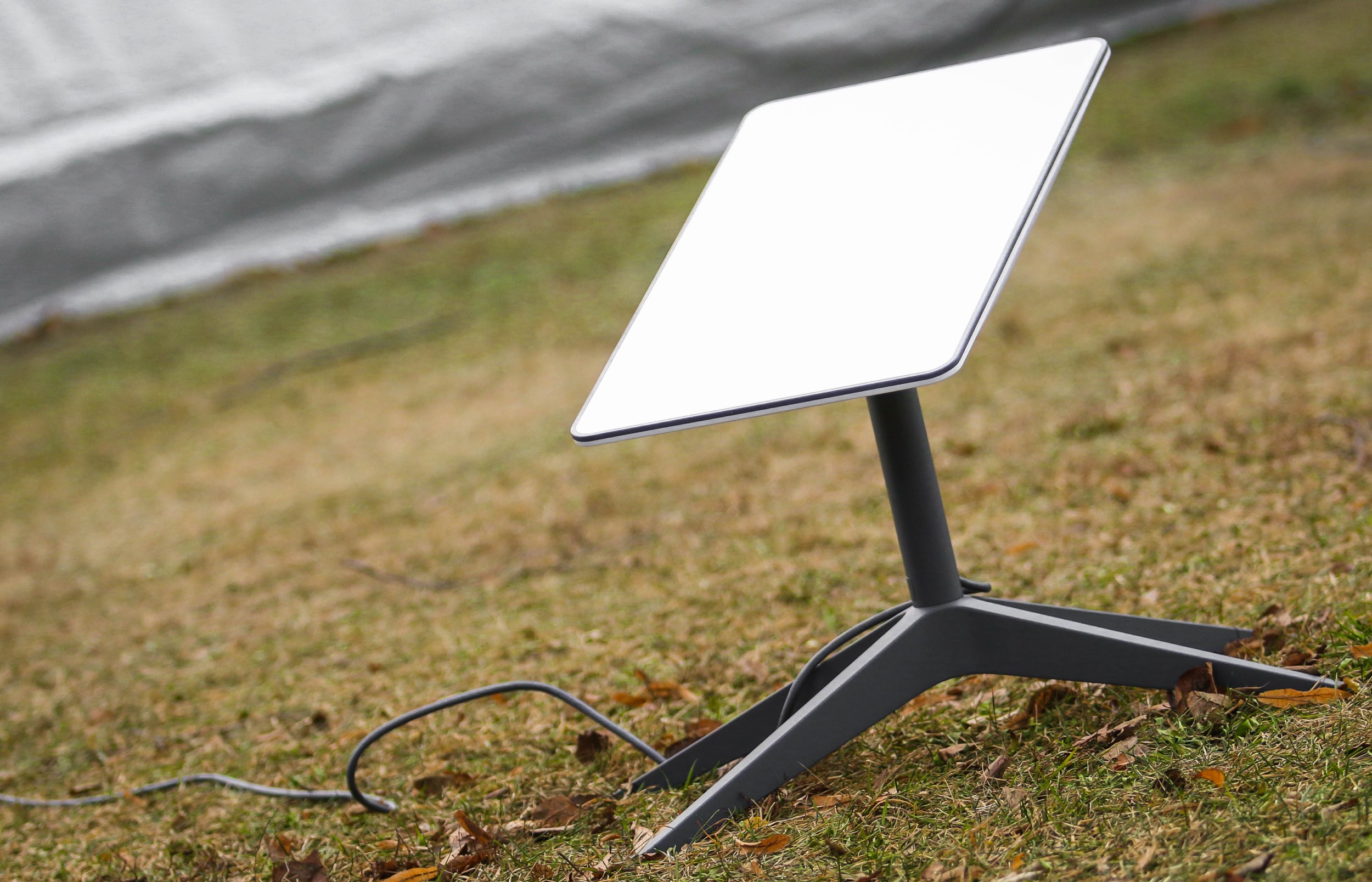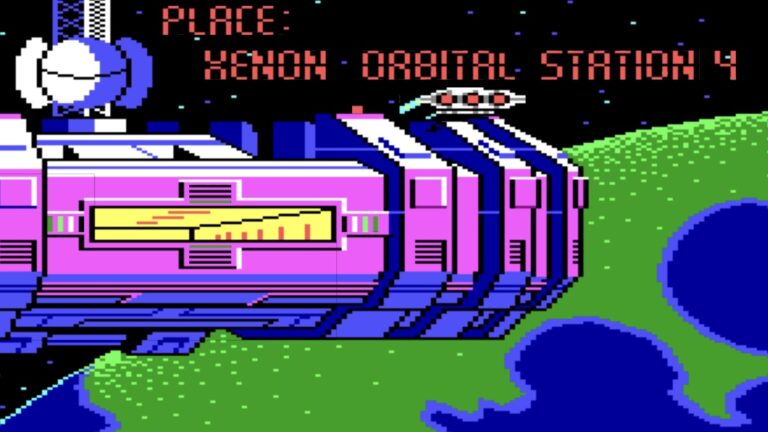SpaceX is furious at the Federal Communications Commission after the agency refused to reinstate an $886 million broadband grant that was tentatively awarded to Starlink during the previous administration.
The FCC announced yesterday that it rejected SpaceX's appeal. "The FCC followed a careful legal, technical and policy review to determine that this applicant had failed to meet its burden to be entitled to nearly $900 million in universal service funds for almost a decade," FCC Chairwoman Jessica Rosenworcel said.
In December 2020, shortly before the departure of then-FCC Chairman Ajit Pai, Starlink was tentatively awarded $885.51 million in broadband funding from the Rural Digital Opportunity Fund (RDOF). But the satellite provider still needed FCC approval of a long-form application to receive the money, which is meant to subsidize deployment in areas with little or no high-speed broadband access.
The Rosenworcel FCC rejected the long-form application in August 2022, and SpaceX appealed the decision the next month. The FCC also rejected the long-form application of LTD Broadband, a fixed wireless provider that was originally slated to get $1.3 billion. LTD recently renamed itself "GigFire."
The Starlink and LTD rejections were the two biggest changes to a $9.2 billion round of grants that, in the Rosenworcel FCC's words, fueled "complaints that the program was poised to fund broadband to parking lots and well-served urban areas." The FCC denied LTD's appeal last week and proposed a fine of $21.7 million for defaulting on grant bids.
SpaceX “disappointed and perplexed”
After yesterday's Starlink denial, SpaceX quickly filed a response saying the company "is deeply disappointed and perplexed by the Commission's decision to exclude SpaceX's Starlink satellite broadband service from the Rural Digital Opportunity Fund."
"This decision directly undermines the very goal of RDOF: to connect unserved and underserved Americans," SpaceX told the FCC. "Starlink is demonstrably one of the best options—likely the best option—to accomplish the goals of RDOF. Indeed, Starlink is arguably the only viable option to immediately connect many of the Americans who live and work in the rural and remote areas of the country where high-speed, low-latency Internet has been unreliable, unaffordable, or completely unavailable, the very people RDOF was supposed to connect."


 Loading comments...
Loading comments...
